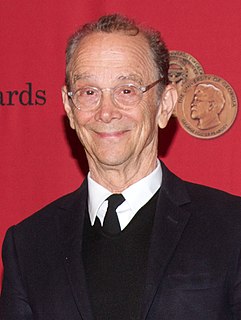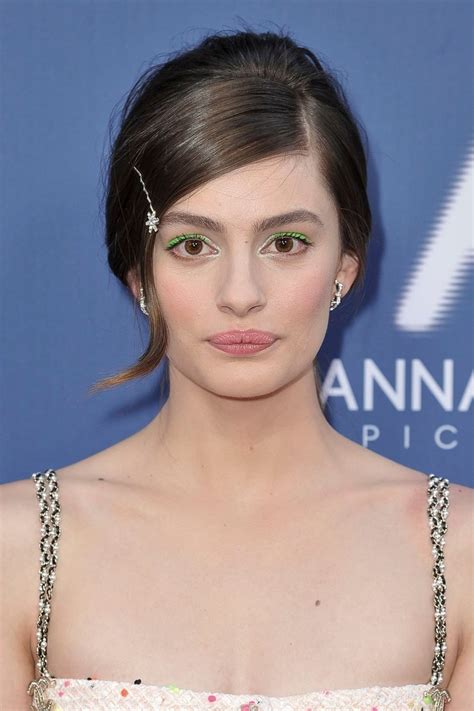A Quote by Masi Oka
Acting can be very solitary, even if you're in a scene with someone else, because you worry about your own performance and if you look good.
Related Quotes
It's not enough to shelve your own competitive streak. You have to try, consciously, to help others succeed. Some people feel this is like shooting themselves in the foot - why aid someone else in creating a competitive advantage? I don't look at it that way. Helping someone else look good doesn't make me look worse. In fact, it often improves my own performance, particularly in stressful situations.
If you make the decision to send your kid to public school don't even look at private schools. Just shut the door. Just turn off the TV. And then you don't even have to worry about preschool. You have to worry about what's good for your kid, but you don't have to worry about how to position yourself.
I don't like my voice that much. I think I'm a much better actress than singer. Singing is like going to a party at someone else's house. Acting is like having the party at your own house. When you go to someone else's house for a party, it's not your responsibility at all, but when you have the party at your own house, there's a lot of responsibility. Everyone has to have a good time. So for me, acting is deeper.
When you're jealous, especially of someone else's art or creations you automatically put up these selfish walls that reinforce your stupid ideas. It's hard to pull those walls down and look at what you're hiding. Look at your own weakness and realize that the jealousy came from knowing that you're intimidated by someone else's work, and that when you compare it to your own, you fall short.
Maybe at the core of me, I'm a survivor, but I don't do it on purpose. Sometimes, in acting of course with your performance, some of your own personal character seeps through. My performance goal has always been to perform for the audience. People pay their hard earned money, and so I always desire to give all of myself in every single scene.
Frankly, I get much more sensitive about what's written about me than how I look in a photo. I'm so used to people seeing my image in plays and films that what they think about how I look is none of my business. If they says, "Hey, he doesn't look good," I'm like, Whatever, because I know I look different from day to day. But if you're up there putting your heart into something and people reject your performance, that's very painful. The written word can kick your ass.
I really just enjoy listening to talk [to John Hurt and Charlotte Rampling]... not even about acting or anything. It's interesting because I felt really connected to all these people very easily. They're all very open emotionally, like we're in the scene together, so you never feel like anyone's acting.
If you see your company culture as a family, you don't want to fire someone just because their short-term performance is not good. If you do, even the people on your team who are excellent performers will look at what's going on and say, 'Someday you might fire me too.' You'll lose everyone's trust.




































